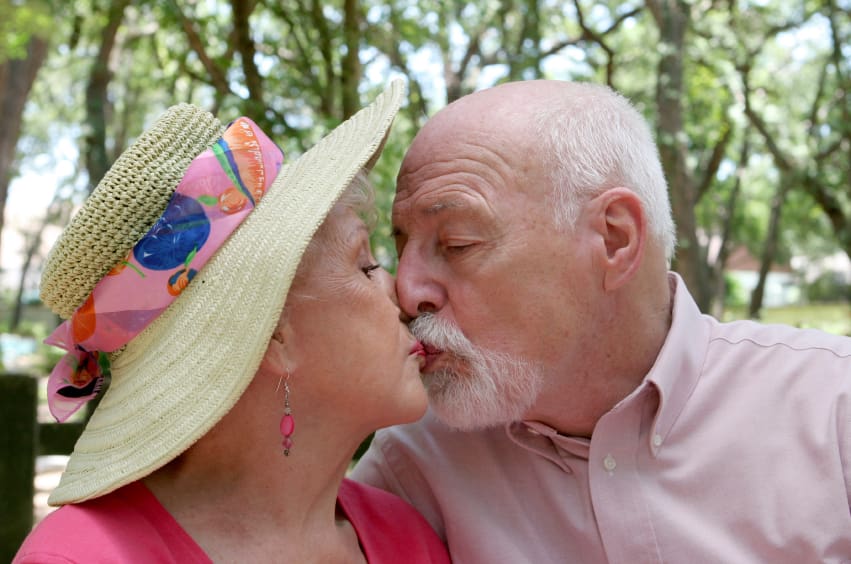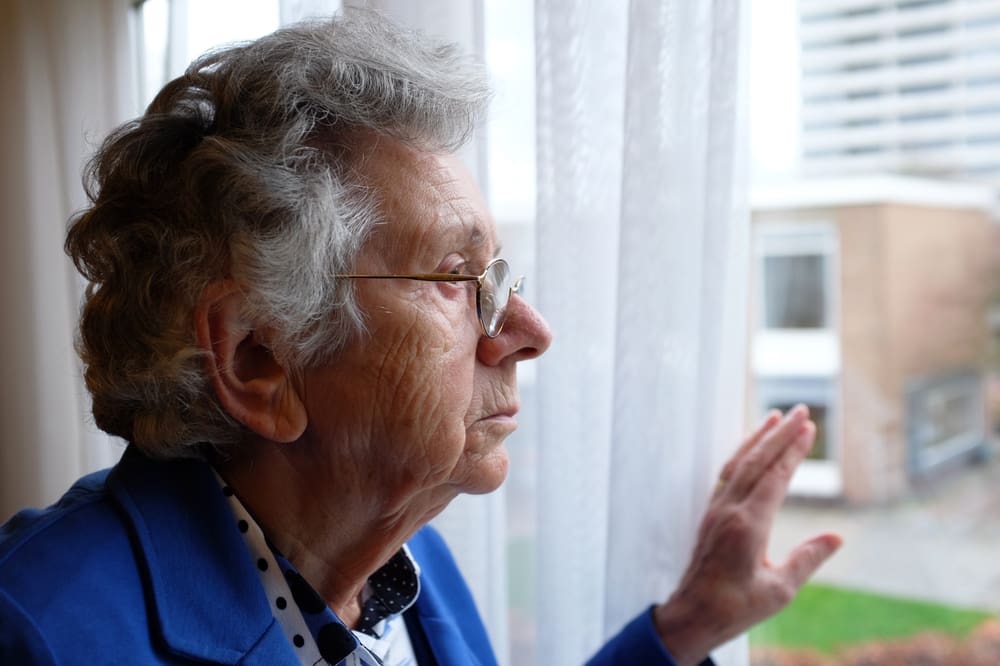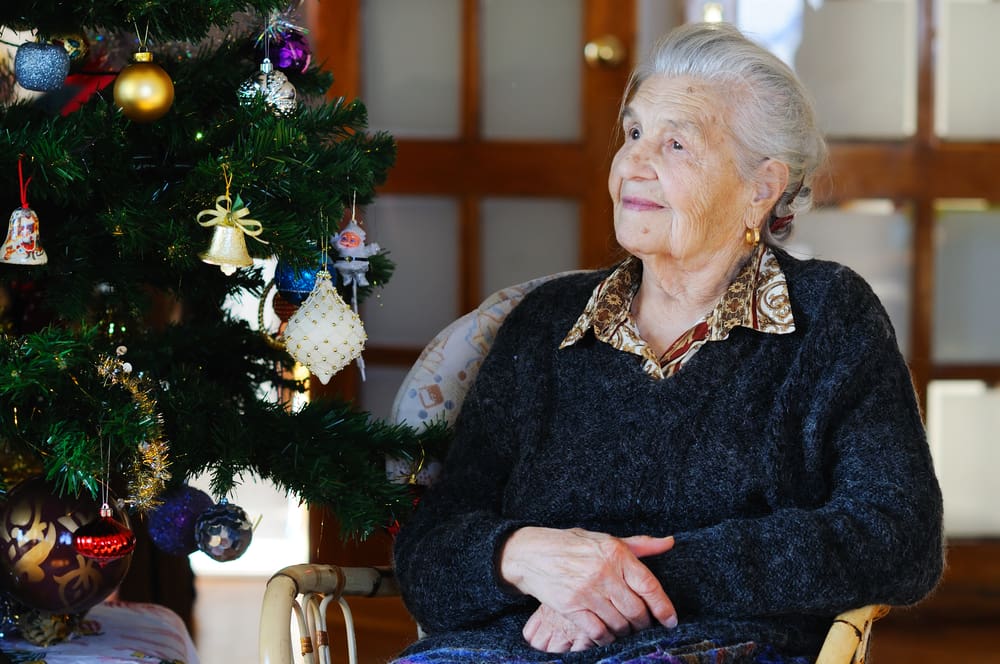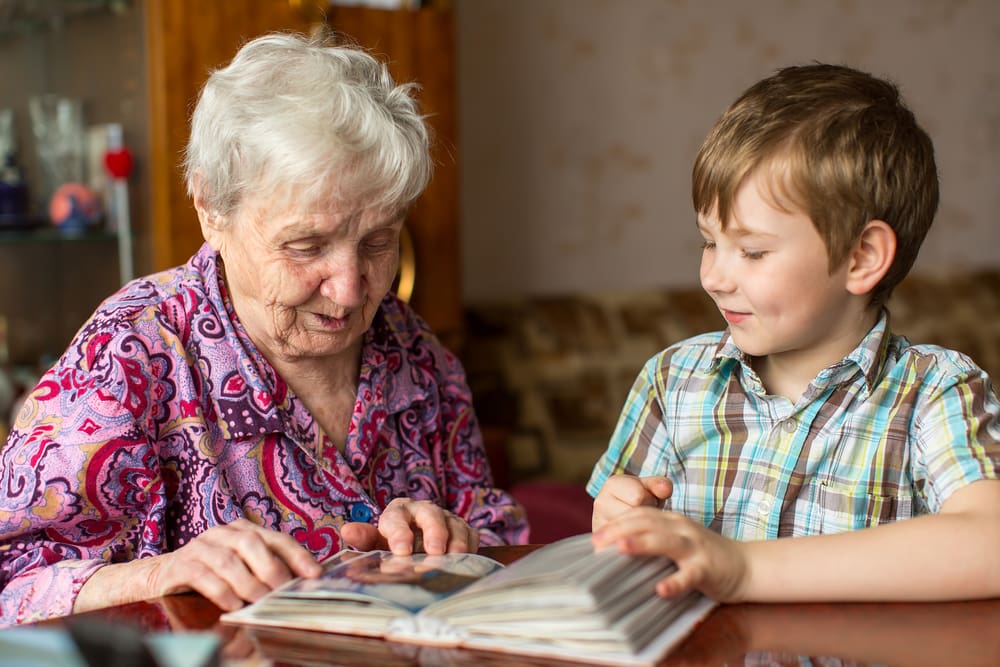Find out why keeping elderly couples together is so important, and how live-in care can support both person’s needs.
Elderly couples rely on each other for care and companionship.
The time couples spend together is precious – not just from an emotional perspective, but also in terms of physical and cognitive health.
Find out why staying together is so important, and how couples can arrange care that supports both their needs at home.
Why it’s so important to keep elderly couples living together
Physical health
Elderly couples tend to care for each other. If one’s required to leave, the other’s health is likely to deteriorate in ways you might not have predicted.
For instance, if the person entering residential care was the main cook, their partner may become malnourished as they struggle to adapt to feeding themselves.
Difficulties with mobility can also prevent separated couples from visiting each other, leading to unnecessary distress.
Cognitive health
In the short-term, being separated from a partner can result in feelings of stress and anxiety for both parties.
In the long-term, this can develop into profound loneliness; a condition which affects cognitive health, as well as increasing the risk of heart disease and strokes.
The familiarity that comes with staying together can also help people with dementia keep calm and engaged.
Cost
When one half of a couple goes into residential care, it can increase the financial burden on both parties.
The person’s private pension may be used to cover high residential care costs, rather than used to run the household. This could mean significant lifestyle changes for the other person, and an increasing dependence on means-tested benefits.
This is especially pertinent if only one half of the couple holds a private pension, which is much more common among older generations.
How can live-in care support couples in the home environment?
Couples often go to separate residential homes because of different care needs. But, live-in care can be adapted to meet the needs of both people.
Even when a couple moves into residential care at the same time, their contrasting needs may mean they’re housed separately. With limited visiting hours, they may only able to see each other for a relatively short amount of time each day.
Live-in care enables couples to stay in the family home, surrounded by cherished possessions and memories. This means couples can continue with all the familiar activities and traditions that have defined their relationship.
This form of care is built around the needs of the couple. Both parties will have a role in choosing their team of two carers, who will provide assistance with domestic chores, personal and medical care.
Rather than paying for each person individually (as with residential care), a bespoke care plan can be created for both partners for a small additional fee on top of the cost of care for an individual.
Staying together is something every spouse hopes to achieve. Live-in care puts this need at the heart of the care process.
If you want to learn more about how live-in care can provide support for elderly couples, call on our friendly team.



